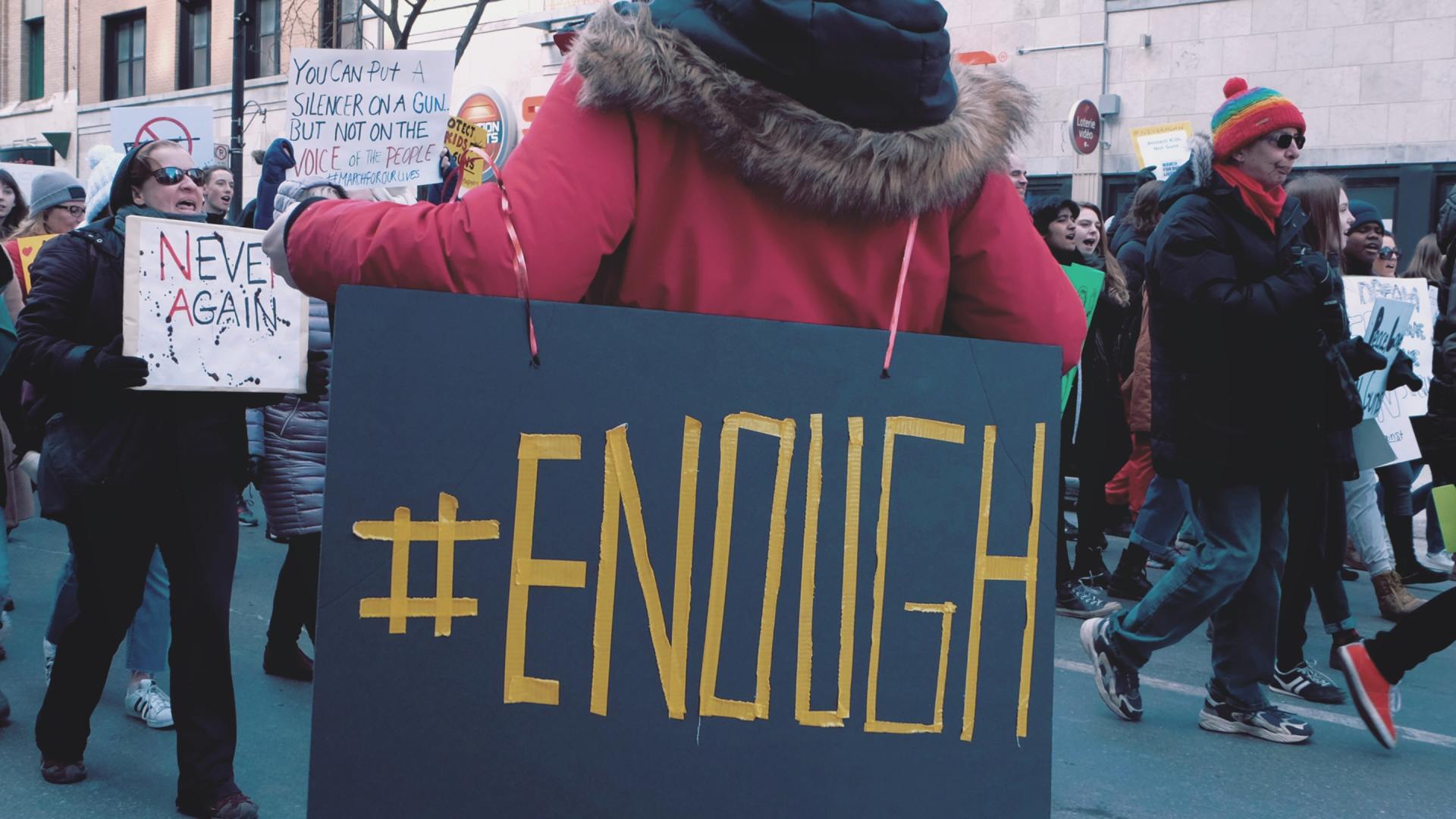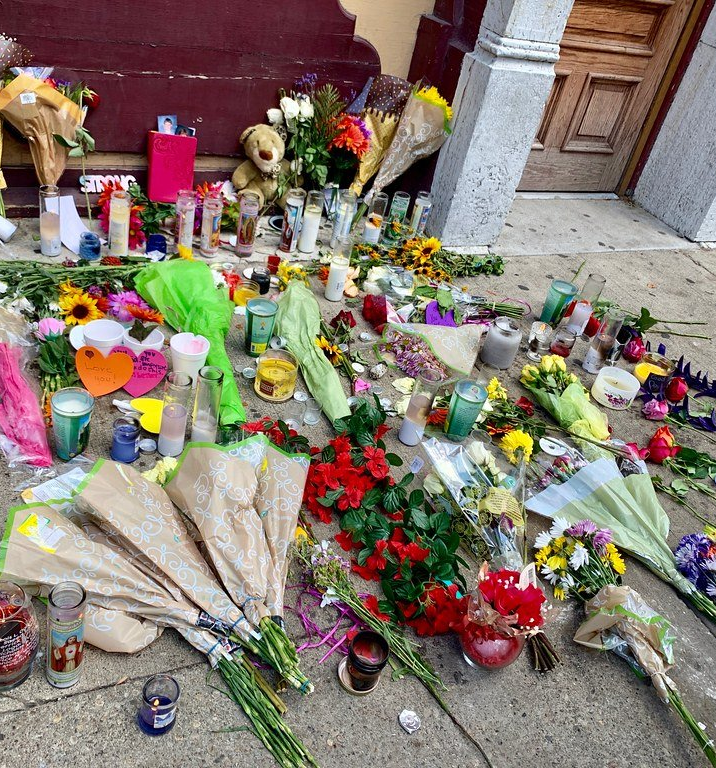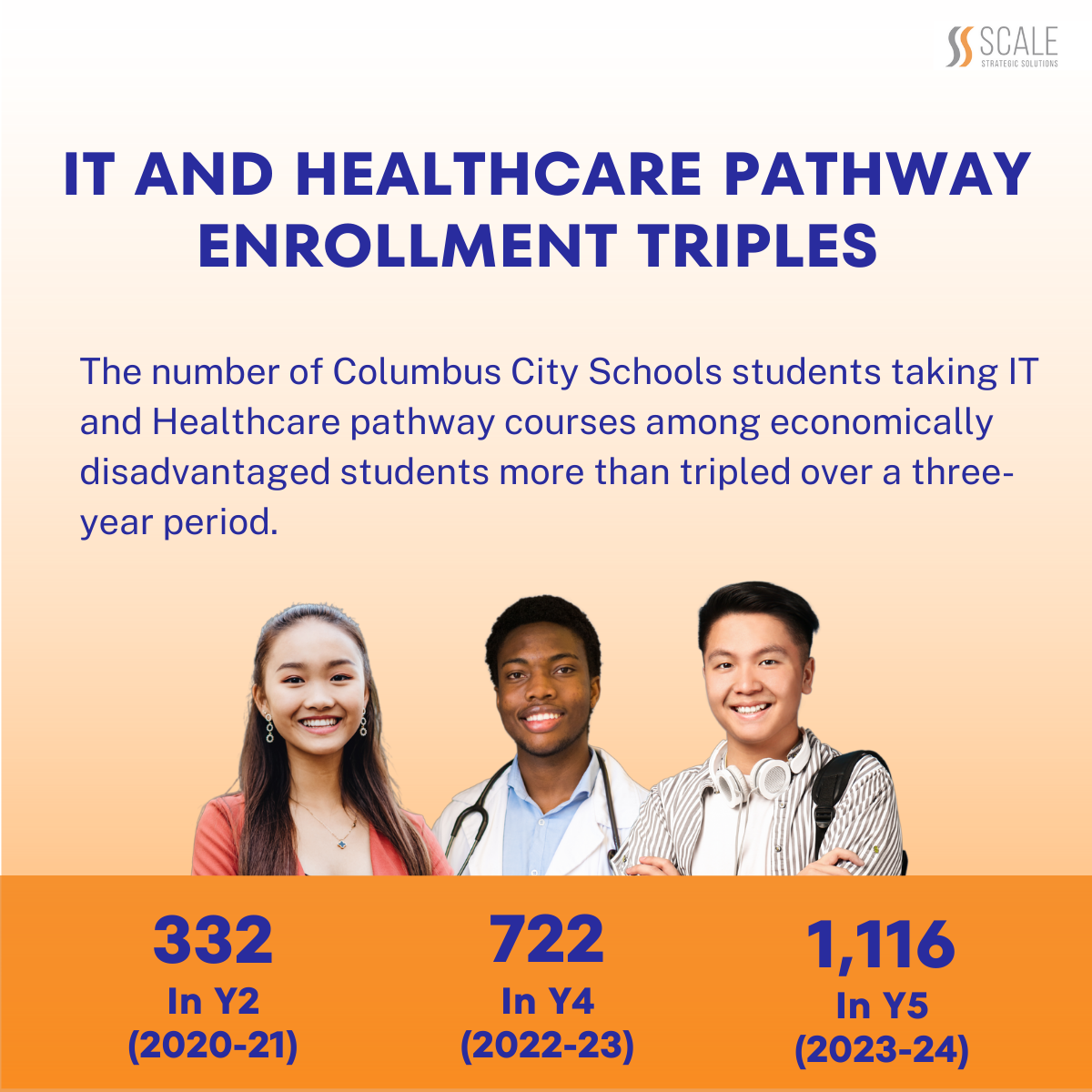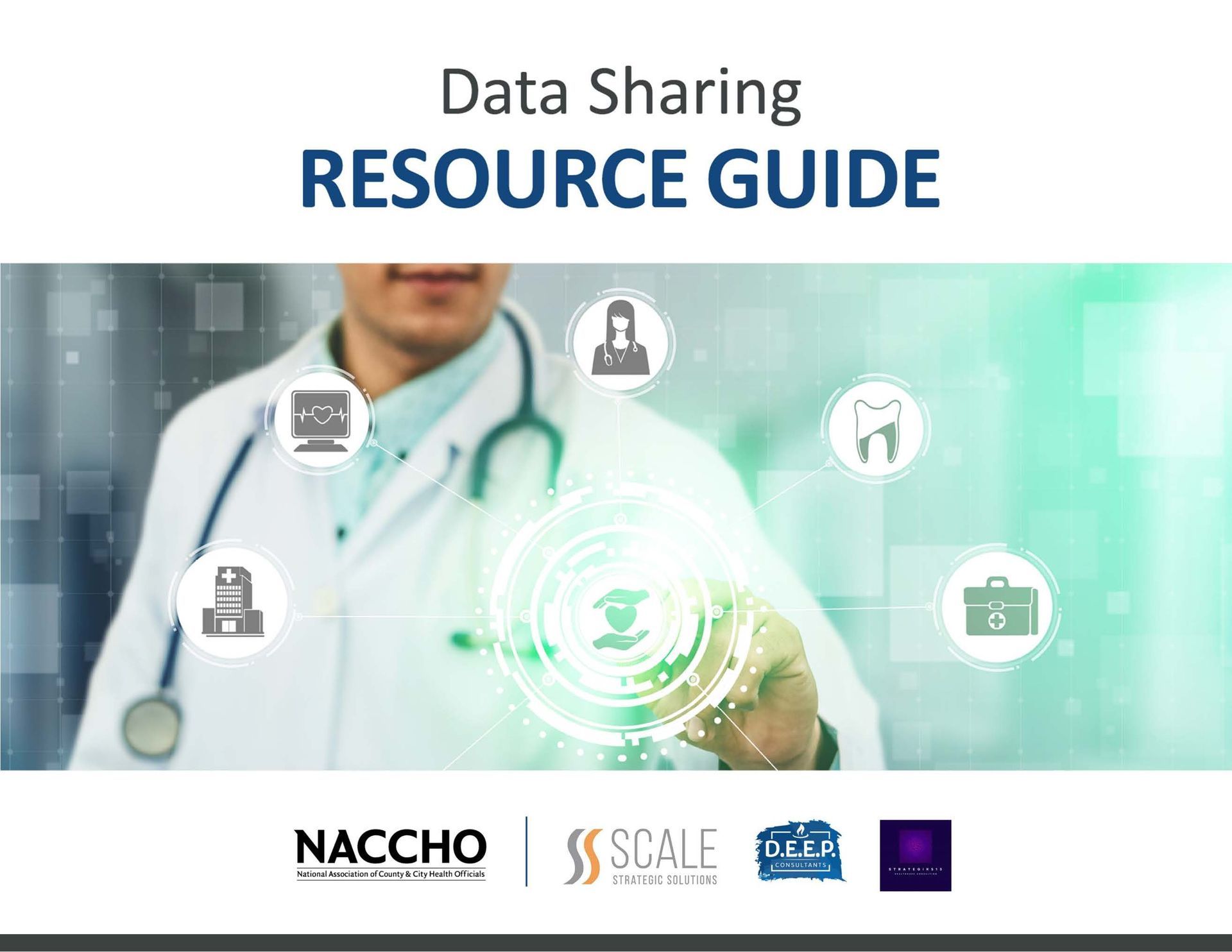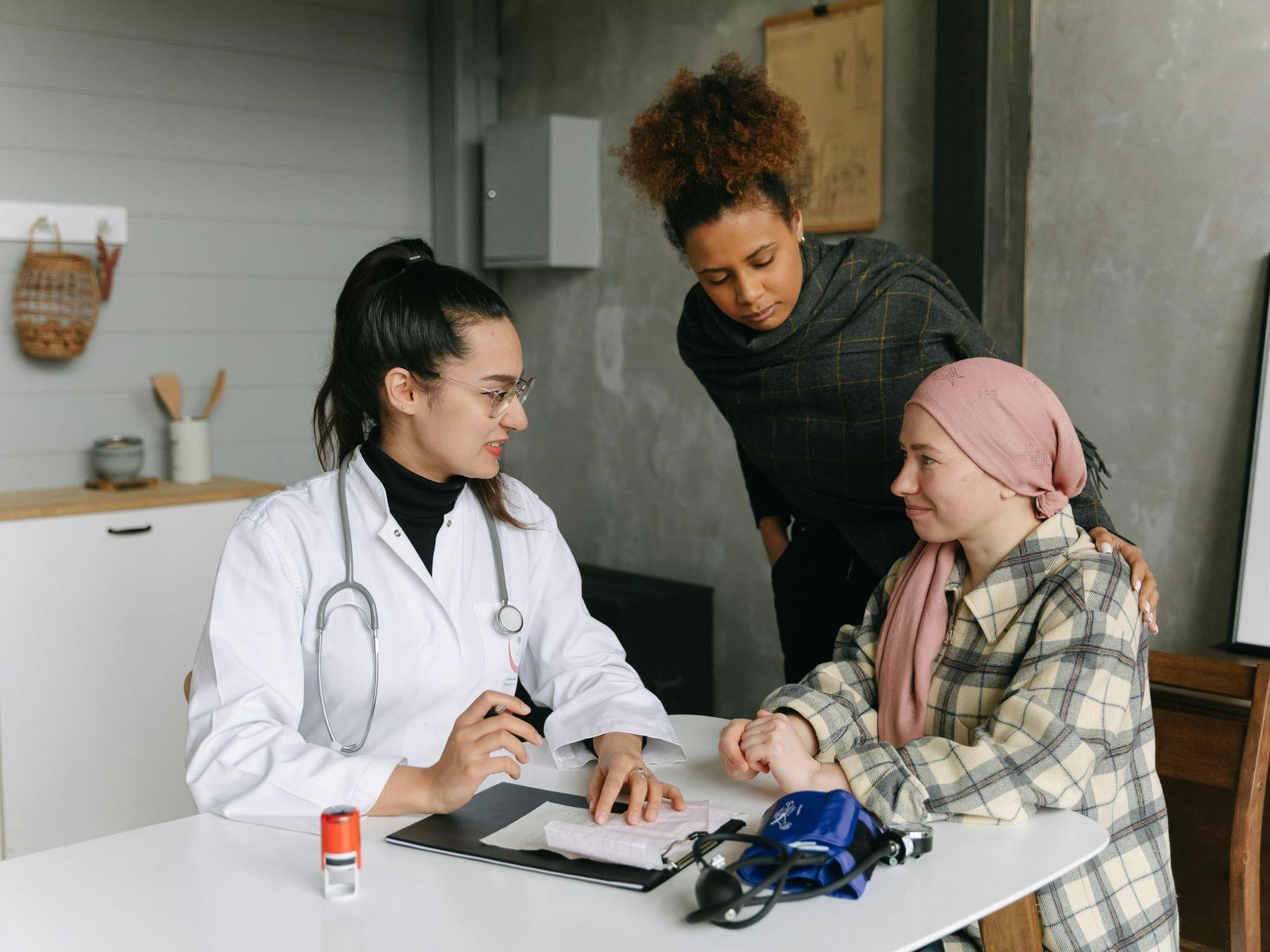We must also consider what policies may increase injury and death. There is moderate evidence that stand-your-ground laws may increase violent crime.
There is limited study of bans on the sale of assault weapons and high-capacity magazines, concealed-carry laws and minimum age requirements. We need to understand if these policies can save lives and stop endless heartbreak and trauma.
For decades, the Centers for Disease Control and Prevention had been dissuaded by funding parameters from studying gun violence per se. However, the CDC still has important research on related topics such as preventing youth violence and intimate partner violence. Their recommendations on preventing youth violence include family engagement in preschool enrichment, mentoring of youth, and behavior health treatment to prevent problem behavior. Ways to prevent intimate partner violence include but are not limited to social-emotional learning programs for youth, healthy relationship programs for couples, bystander empowerment and education, and creating protective environments with organizational policies and workplace climate improvements. Public policy that may encourage best practices and funding in these areas are important also.
There are also a host of violence prevention programs including hospital-based programs such as those run by members of the National Network of Hospital-Based Violence Intervention Program and community-based interventions highlighted by the National Network for Safe Communities. Championing and supporting these programs with private and public resources can change lives.
While our communities design and advocate for systemic steps forward, there are personal actions we can also take. Just to name a few, consider what makes sense for you.

